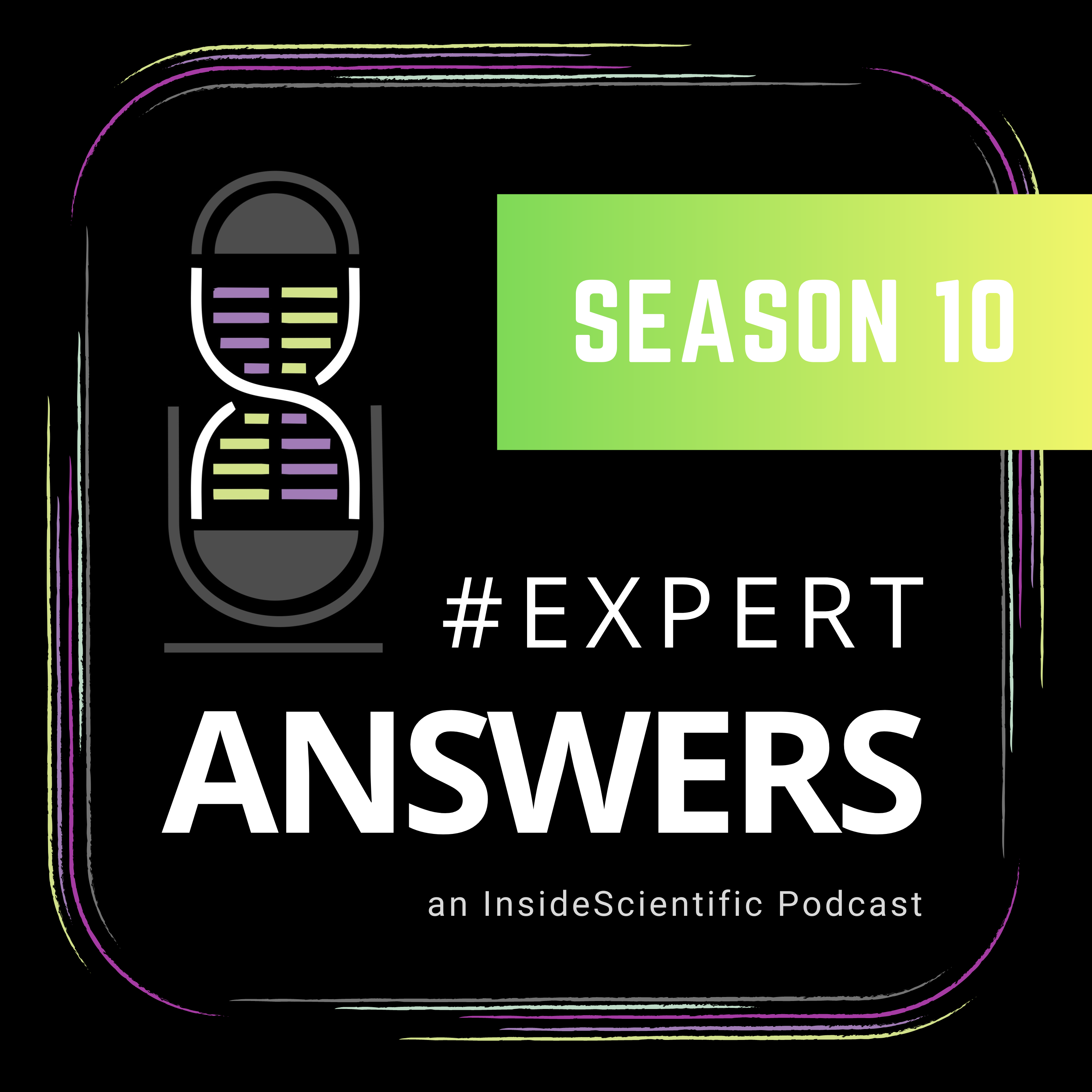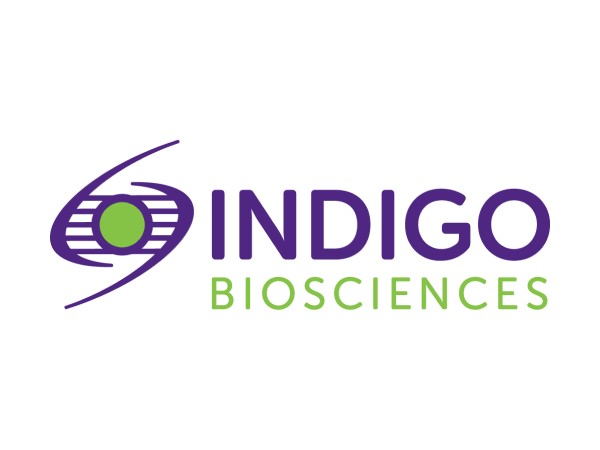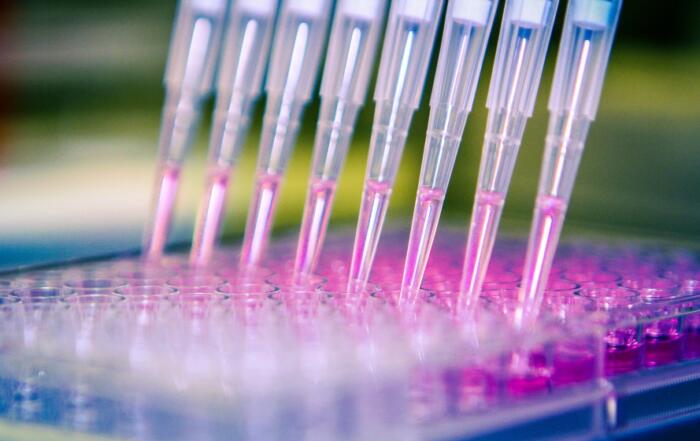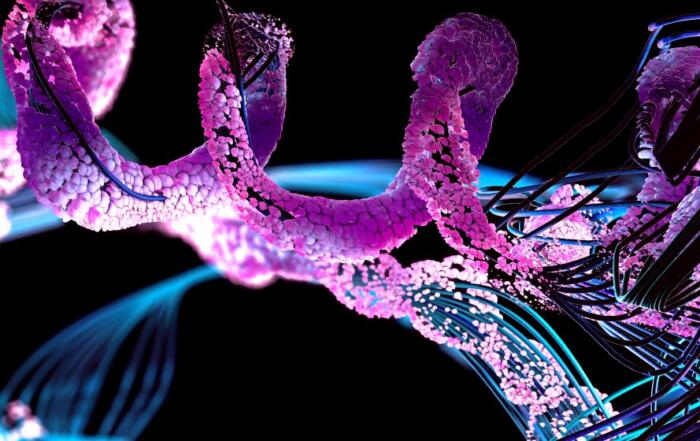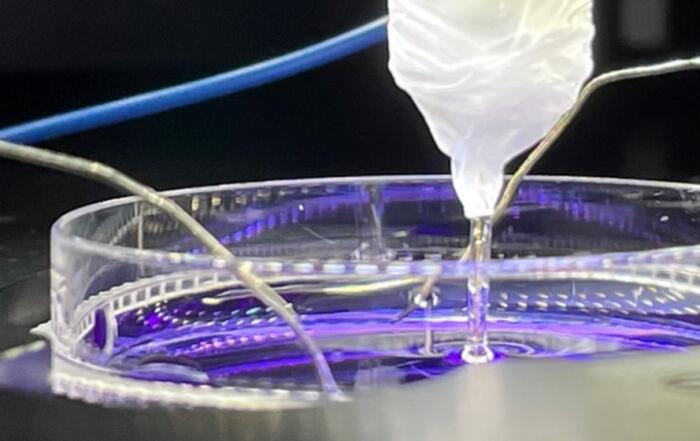Dr. Jack Vanden Heuvel discusses how integrating cell-based bioassays and effect-based trigger values enhances water quality assessment beyond traditional methods.
Surface water and treated wastewater contain a complex mixture of pesticides, pharmaceuticals, industrial compounds, and personal care-products. This presents a formidable challenge for traditional water quality evaluation methods, which rely on examining the concentration of selected chemicals and comparing them to known toxicologic effects. This targeted chemical analysis falls short in capturing the full scope of contamination, especially when faced with the presence of unknown substances.
As a result, effect‐based methods (EBMs) such as cell-based bioassays are cited as a tool for screening for bioactivity to assess water safety by the U.S. EPA for water quality monitoring. EBMs can detect the effect of all known and unknown chemicals in a sample extract and can account for mixture effects. Many in vitro bioassays, particularly mammalian reporter gene assays, are highly sensitive by design and can detect effects in relatively clean waters. But how to differentiate between an acceptable and an unacceptable response observed in EBMs?
This is where effect‐based trigger values (EBTs) come in. EBTs are available for assays indicative of specific receptor‐mediated effects, such as the estrogen or androgen receptors, and have been developed for both drinking water and surface water to protect human and ecological health.
In this webinar, we explore a comprehensive approach to water quality assessment that incorporates both chemical analysis and bioassays with their corresponding EBTs. Join us to discover how sensitive cell-based bioassays can revolutionize routine water quality monitoring and offer insights that traditional chemical analysis alone cannot provide.
Key Topics Include:
- Discover the synergy between chemical analysis and advanced bioanalytical tools for nuanced water quality assessment
- Simplify the selection process of cell-based bioassays for targeting both known chemicals and contaminants of emerging concern
- Discuss derivation of effect-based trigger values (EBTs) and their role in defining water quality acceptability
Resources
Presenters
Professor
Veterinary and Biomedical Sciences
Penn State University
